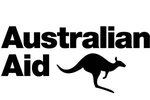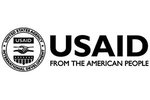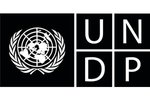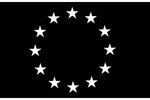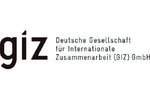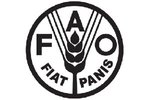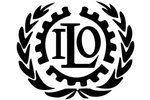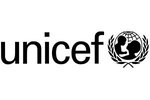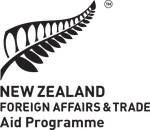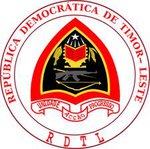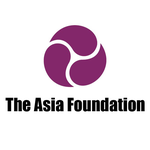A Pacific education journey beyond numbers
A reflection on the Pacific eLearning Program
At the heart of every development effort lie the people—those who drive change, those who keep systems running, and those who eagerly participate.
This principle was central to the Pacific eLearning Program, a transformative initiative spanning the Cook Islands, Samoa, Solomon Islands, and Vanuatu, generously supported by the New Zealand Ministry of Foreign Affairs and Trade (MFAT). The program, rooted in Catalpa’s design principles for microlearning, aimed to empower educators with tailored science and professional development content.
Key insights emerged from this journey, revealing profound impacts on communities across the Pacific. Human-centered design (HCD) was pivotal, enabling the team to navigate through diverse challenges including COVID-19 disruptions, natural disasters like cyclones and floods, political uncertainties, and even major events like the XVII Pacific Games in the Solomon Islands. Embracing HCD meant fostering empathy within a team predominantly composed of Pacific Islanders, deeply immersing themselves in the realities of local education systems and the everyday lives of those they aimed to support.
Traveling extensively across remote regions by plane, boat, and rugged vehicles, the team witnessed firsthand the strides made in education, yet also confronted the persistent gaps. Our approach was to immerse ourselves in local cultures and contexts: from participating in Zumba classes in the Cook Islands to navigating multiple school visits (and multiple meal offerings!) across Vanuatu. In Samoa, we were greeted with refreshing coconuts, and in the Solomon Islands, we joined in moments of communal prayer. Following Pacific culture, the communities we visited offered what they could to us guests, and we showed appreciation by respectfully accepting.
Beyond these interactions, the program's impact resonated deeply within schools and communities. In-person workshops and online communities of practice became vital forums for teachers to exchange ideas and support one another. The Pacific Learn app, a cornerstone of the initiative, not only bolstered teacher confidence in integrating ICT into education but also contributed to improved attendance and engagement among students.
School principals proudly showcased their institutions, often recognizing team members as former students whose success had come full circle. This mutual pride underscored a commitment to giving back and fostering lasting change. Collaborating closely with the Ministries of Education further underscored the complexity of educational systems, offering invaluable lessons in precision and expectation management. Meeting Ministry personnel who were at university around the same time I was led to shared stories and memories.
Amidst these professional exchanges, personal bonds flourished. Team members shared cultural practices, swapped recipes, and engaged in lighthearted conversations about sports and family traditions. Beyond Pacific traditions, insights into veganism, podcasts, and mental health from non-Pacific colleagues enriched their collective understanding. In true Pacific style, there was always laughter, talk of food, and kinship.
Over three impactful years, the program directly engaged nearly 100 teachers, reached 35 schools, and positively influenced over 3,300 students. While technical evaluations highlight achievements, the program's true legacy lies in the enduring human connections forged and the profound lessons learned along the way.
By placing people at the forefront and embracing cultural richness, the Pacific eLearning Program exemplifies a holistic approach to international development—one that celebrates diversity, builds lasting partnerships, and empowers communities.
